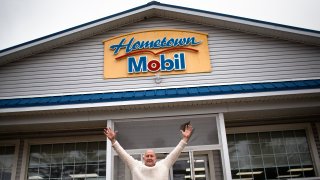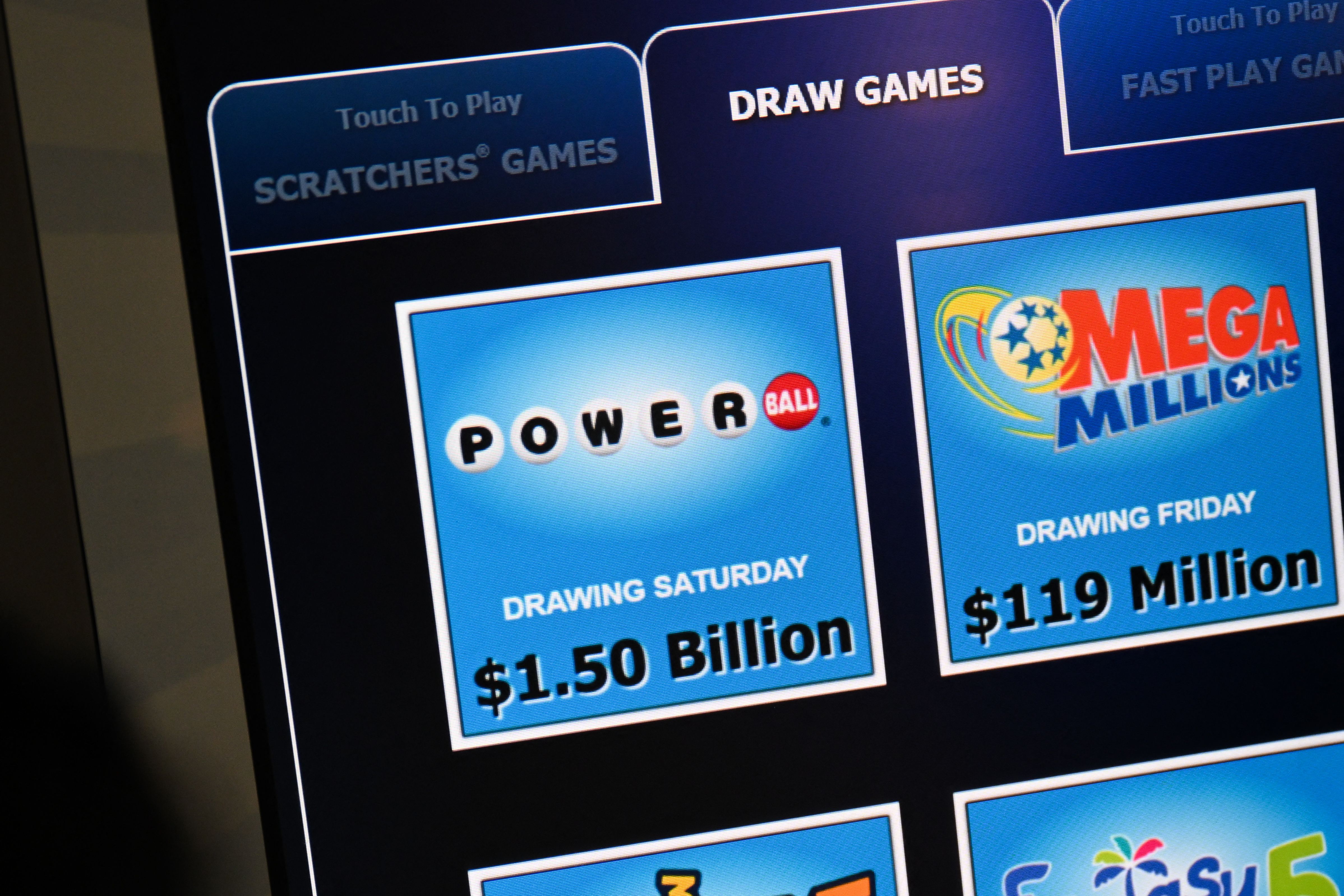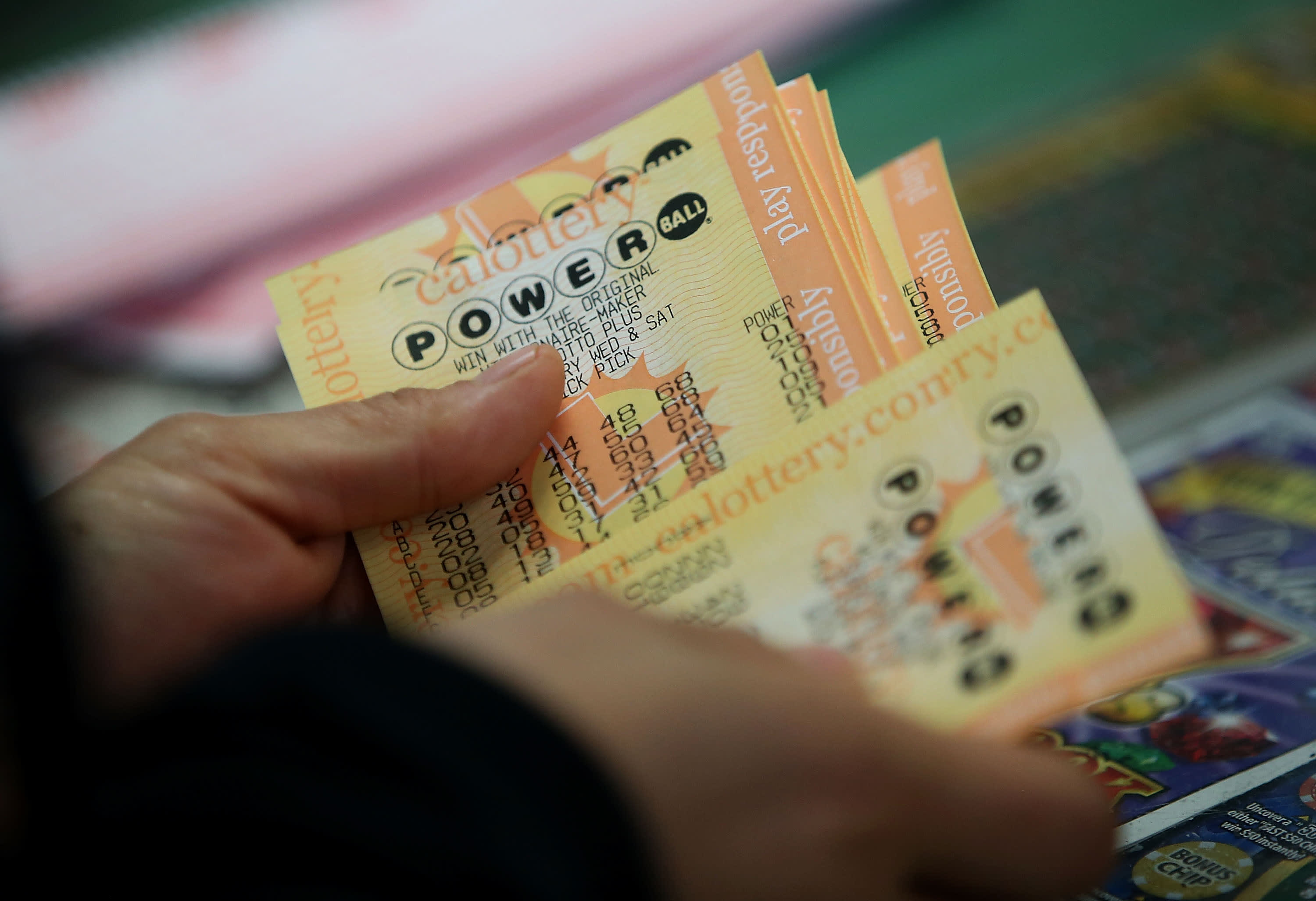
A person has claimed the $1.35 billion Mega Millions jackpot won at a Maine gas station last month, the Maine State Lottery revealed Wednesday.
They didn't share the person's name — they accepted the state's first ever Mega Millions jackpot win, from Friday, Jan. 13, through a limited liability company called LaKoma Island Investments.
They chose the pre-tax cash payment of $723,564,144, rather than the annuity over 30 years.
"The winner is thoughtfully considering the best uses of the life-changing prize," a spokesperson for the unidentified winner said.
Get Tri-state area news delivered to your inbox.> Sign up for NBC New York's News Headlines newsletter.
While Maine is not one of the states that lets lottery winners stay anonymous, the state lottery confirmed Wednesday that they will only be identified as the company.
The winning ticket was validated when a representative came to the lottery headquarters in Augusta on Friday, and the wire transfer of the money will take place before the end of the week, said Michael Boardman, deputy director of Maine Bureau of Alcoholic Beverages & Lottery Operation.
"I understand why someone would want to remain anonymous with this kind of money. We wish them well and hope they do good things with it," he said.
The prize was the second-largest Mega Millions jackpot in history.
The winning ticket was purchased at Hometown Gas & Grill in Lebanon, Maine, earning the store a $50,000 bonus and putting it at the center of speculation over the winner's identity for more than a month.
“What we’re doing here in our small town – we’re keeping our eye out for an odd limousine,” Hometown owner Fred Cotreau said the week after the winning ticket was sold. “It’s not the prom season, so if we see a limousine in a driveway somewhere, we’re gonna go knockin’.”
Lebanon borders New Hampshire, near Portsmouth, and has about 6,500 residents. The town had a bank balance of about $5 million in mid-2019, according to the most recent bank audit shared on the town website. Last month's lottery prize was about 270 times bigger than that.
David Sharp of The Associated Press contributed to this report.



